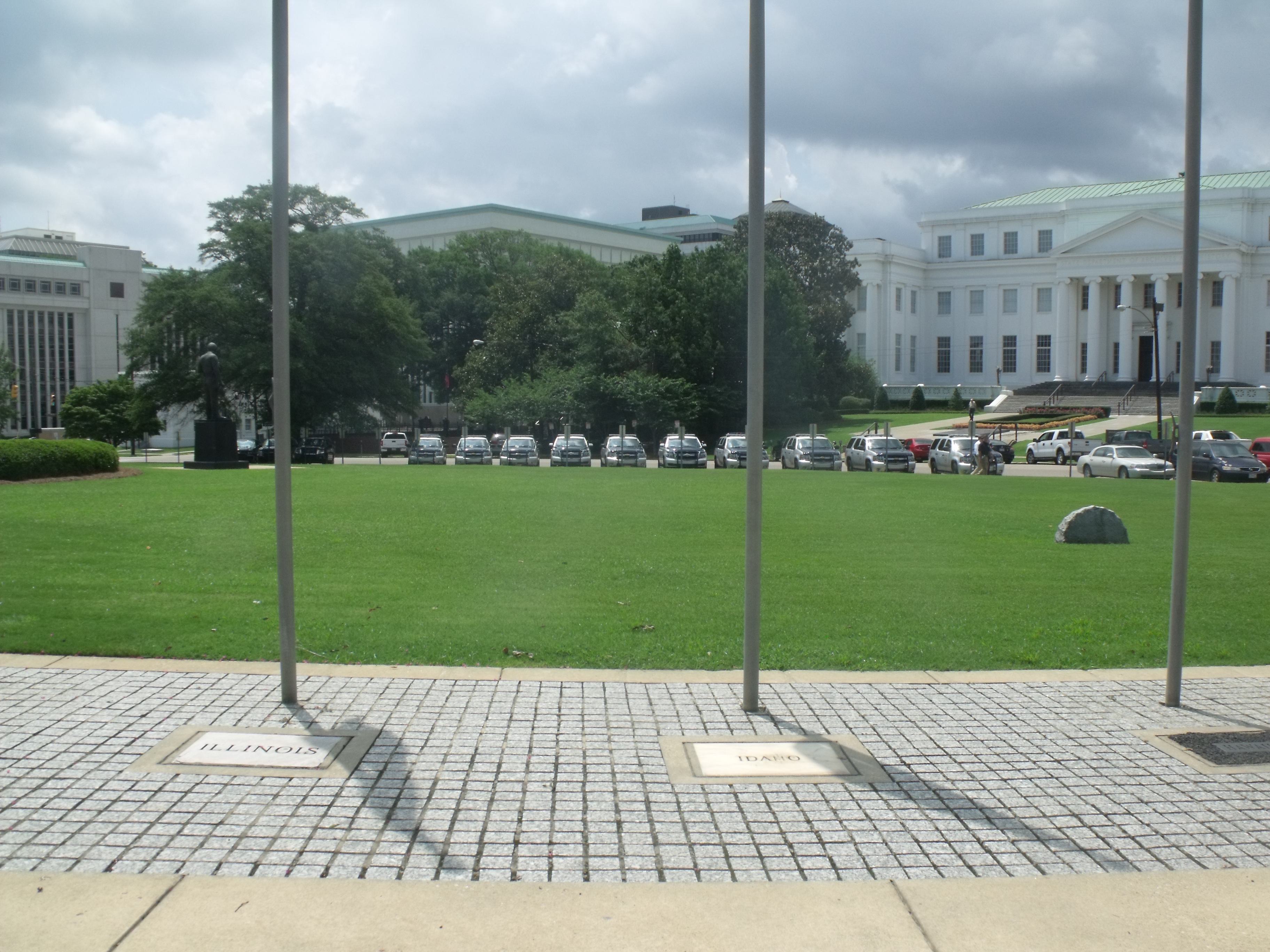By Brandon Moseley
The Alabama legislature returns Thursday for a second special session. Alabama Governor Kay Ivey (R) has called the special session for the legislature to pass constitutionally mandated redistricting plans and to appropriate money from the American Rescue Act. Meanwhile, organizers are planning a protest against vaccine mandates outside the State House.
On Tuesday, the Legislative Committee on Reapportionment met and approved four draft redistricting plans that would redistrict Alabama’s seven Congressional districts, eight state board of education districts, 105 State House of Representatives districts, and 35 State Senate districts.
The preliminary approval of the four plans means that they can be introduced in bill format. There will not be a vote Thursday.
The legislators have to gavel in to open the journal and formally notify the governor that they are in session. They will also hold the first reading of the reapportionment bill. The redistricting plans will be considered in committee on Friday. Assuming that one or more bills receive a favorable report in committee, both houses of the legislature will gavel in following the committee action so that the legislation can be transmitted to the full body and the legislation can be on the floor in its House of origin on the third legislative day of the special session.
The Legislative Committee on Reapportionment is chaired jointly by State Sen. Jim McClendon (R-Springville) and State Rep. Chris Pringle (R-Mobile). The two committee chairs will likely be the sponsors of the four redistricting plans and carry them on the floor of their respective Houses.
Senate Minority Leader Bobby Singleton (D-Greensboro) announced on Tuesday that he will be introducing his own competing redistricting plans. A key difference between the majority and minority plans is that the Republican plan only has one majority-minority congressional district while Singleton says that his plan, which is yet to be unveiled, has two majority-minority congressional districts.
The legislature will also consider appropriating American Rescue Act dollars that the state has received from the federal government. The State of Alabama has already received $1.2 billion in American Rescue Act dollars and another $1 billion is expected by March. The legislature appropriated $400 million of that towards the construction of two new men’s mega-prisons during its first special session which ended with a bill signing ceremony on Oct. 1.
Sources tell the 1819 News that a large portion of the remaining $800 million will be directed towards Alabama’s hospitals, which have been heavily impacted in their day-to-day operations by the COVID-19 global pandemic. American Rescue Act dollars may not be used to subsidize a tax cut or to prop up a state employee’s pension plan.
A protest is planned on Thursday by groups opposing President Joe Biden’s (D) controversial vaccine mandates. The protesters want the legislature to consider the Alabama Healthcare Freedom Act which has been pre-filed as House Bill 31 by State Rep. Ritchie Whorton (R-Scottsboro). House Bill 31 would bar employers from firing employees who refuse to get the controversial COVID-19 vaccine.
The legislature passed a ban on vaccine passports during the regular legislative session, but did not extend the ban to employers. 1819 News is being told that business interests opposed House Bill 31 because they are having to comply with the federal mandates and making them civilly liable for every real or imagined vaccine side effect would be an unacceptable cost of doing business in the state.
Gov. Ivey has joined with Alabama Attorney General Steve Marshall (R) in seeking to block the mandates in federal court.
If the legislature avoids excessive debate and partisan slowdowns of the process, the special session could be over in just five legislative days. If the legislature can’t come to agreement on redistricting, the governor could call them to come back for a third special session.
The COVID-19 restrictions which limited public participation in the State House that were in place during Spring have been largely lifted so the public may enter the State House during the special session to meet with legislators and view the proceedings from the gallery. Portions of the State House controlled by the House of Representatives are still requiring that masks or cloth face coverings be worn at all times.










